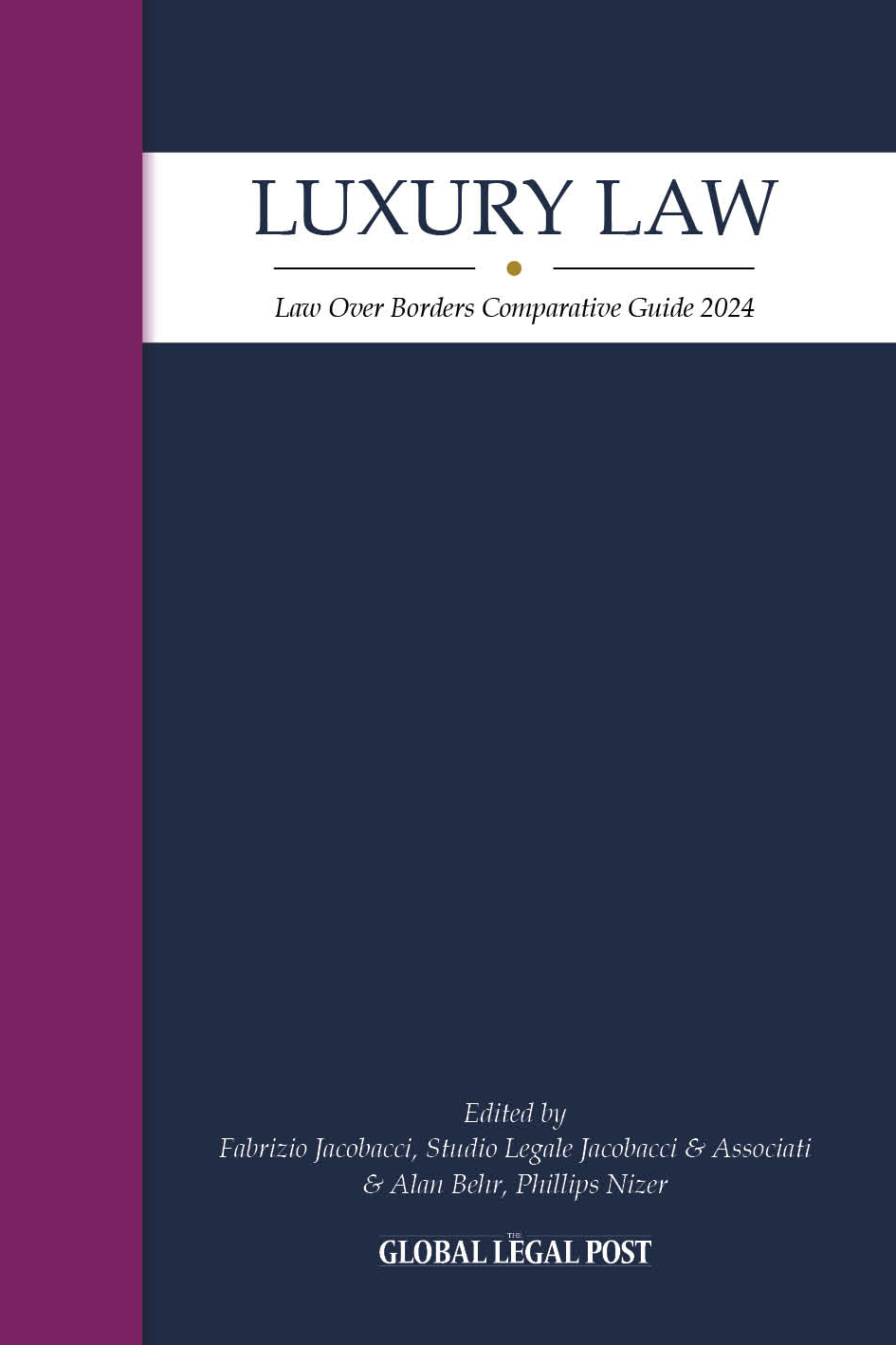Sign up for our free daily newsletter
YOUR PRIVACY - PLEASE READ CAREFULLY DATA PROTECTION STATEMENT
Below we explain how we will communicate with you. We set out how we use your data in our Privacy Policy.
Global City Media, and its associated brands will use the lawful basis of legitimate interests to use
the
contact details you have supplied to contact you regarding our publications, events, training,
reader
research, and other relevant information. We will always give you the option to opt out of our
marketing.
By clicking submit, you confirm that you understand and accept the Terms & Conditions and Privacy Policy
In a recent high-profile case, the Delhi High Court restrained two “rogue” torrent websites from distributing content and infringing the copyrights of the American media giant Warner Bros Entertainment in certain cinematograph films. For those unfamiliar with the term, “torrenting” is the process of uploading or downloading large files meant for sharing with multiple users through a torrent site. Though torrenting has become less popular today due to the advent of newer technologies, it still poses a serious threat to intellectual property owners online, as this case demonstrates.
In 2021, internet penetration in India was reported to be about 47 percent. This has coincided with an increase in consumption of pirated content at an alarming level; reports indicate that India is the third largest consumer of pirated content online. At its core, the problem lies in numerous hosts for such pirated material who are, more often than not, anonymous.
In this particular case, Warner Bros Entertainment Inc. (Warner) sued certain streaming and download websites (like OTorrents) for unlawfully broadcasting, re-broadcasting, transmitting, and streaming Warner’s copyrighted content. Warner argued for granting a permanent injunction against these websites since they are considered ‘rogue websites’ that have been consistently violating the company’s copyright.
Under Indian law, there is no statutory definition for a rogue website. While India’s Draft National E-Commerce Policy floated in 2019 states that “rogue website would refer to those that host predominantly pirated content,” the draft has not yet been accepted and adopted, as it is still under inter-ministerial consultation.
However, Indian courts have recognized the presence and menace of rogue websites since at least 2014. In Star India Pvt. Ltd. and Ors. vs. Roy Ma and Ors., the Delhi High Court had granted injunction orders to block the infringing content concerning the specific uniform resource locators (URLs). As the jurisprudence on the subject evolved, the courts also stepped up their reasoning as rogue websites could change the URL within seconds, thereby frustrating the very act of blocking the URL. This led to courts granting more coercive remedies like blocking the website itself, as seen in the 2016 decision taken by the Delhi High Court, in the case of Department of Electronics and Information Technology vs. Star India Pvt. Ltd.
In 2019, in the UTV Software Communication Ltd. & Ors. v. 1337X.to & Ors. (UTV Software) case, the Delhi High Court laid down some illustrative factors for determining whether a website is a rogue website. These factors include whether: (a) its primary purpose is to commit or facilitate copyright infringement; (b) the flagrancy of the infringement and its facilitation; (c) it primarily contains illegal or infringing content; (d) it hides the details of the registrant; (e) it refuses to implement take-down orders; (f) there is a general disregard for copyright; (g) promotes anti-circumvention measures, etc., among other factors. The court also noted that the approach to determining a rogue website must be qualitative rather than quantitative.
In its case, Warner relied on the UTV Software case to argue that the impugned websites are rogue websites. It’s interesting to note that the impugned websites did not participate in the proceedings or file a response. The court, relying on the principles outlined in the UTV Software case, held that these defendants had no real prospect of successfully defending their copyright infringement. The court considered the illustrative factors again (laid down in UTV Software) while noting that these websites use the anonymity offered by the internet to engage in illegal activities. The court also discussed the question of dynamic injunctions and permitted Warner to subsequently implead mirror/redirect/alphanumeric websites that provide access to these rogue websites.
The threat of piracy due to anonymity on the internet is a constant challenge for intellectual property owners. In another recent case involving online trademark infringement (Livspace Pvt. Ltd. and Ors. vs. Livspace-Reviews.Com and Ors), the Delhi High Court yet again recognised the challenges and threats posed by anonymity in these cases. The fact that the entire website, its operations, and the persons reviewing it, were completely masked, without any details provided whatsoever, clearly indicated that it was both false and clandestine.
Following the order in Warner vs. OTorrents, Warner has obtained similar orders recently against several rogue websites such as hindilinks4u.to, uwatchfree.st, skymovies.live, yo-movies.com and rutracker.org. Similarly, another broadcaster and content production company, Star India Private Limited, has also obtained two successful orders against similar rogue websites 7Movierulz.Tc and Aapkeaajanese.Net in August and September 2022, respectively.
While the jurisprudential progress in this area is laudable, these cases are a stark reminder that the issue of rampant online piracy is still a major threat to intellectual property protection in India. Due to the anonymity offered by the internet, the instances of piracy are significantly accelerated, besides making it beyond difficult to catch the violators. IP owners must, therefore, take advantage of this judicial trend and should not fail to timely approach the courts for relief. Most importantly, intellectual property owners must maintain the utmost vigilance in the online space for possible violations.
Prakash Vaibhav is an associate with K&S Partners where he handles issues related to availability and registration of trademarks, clearance searches, filing and prosecution of trademark applications, opposition and rectification proceedings, IPR due diligence and transactional work. He can be reached at [email protected].
Email your news and story ideas to: [email protected]




